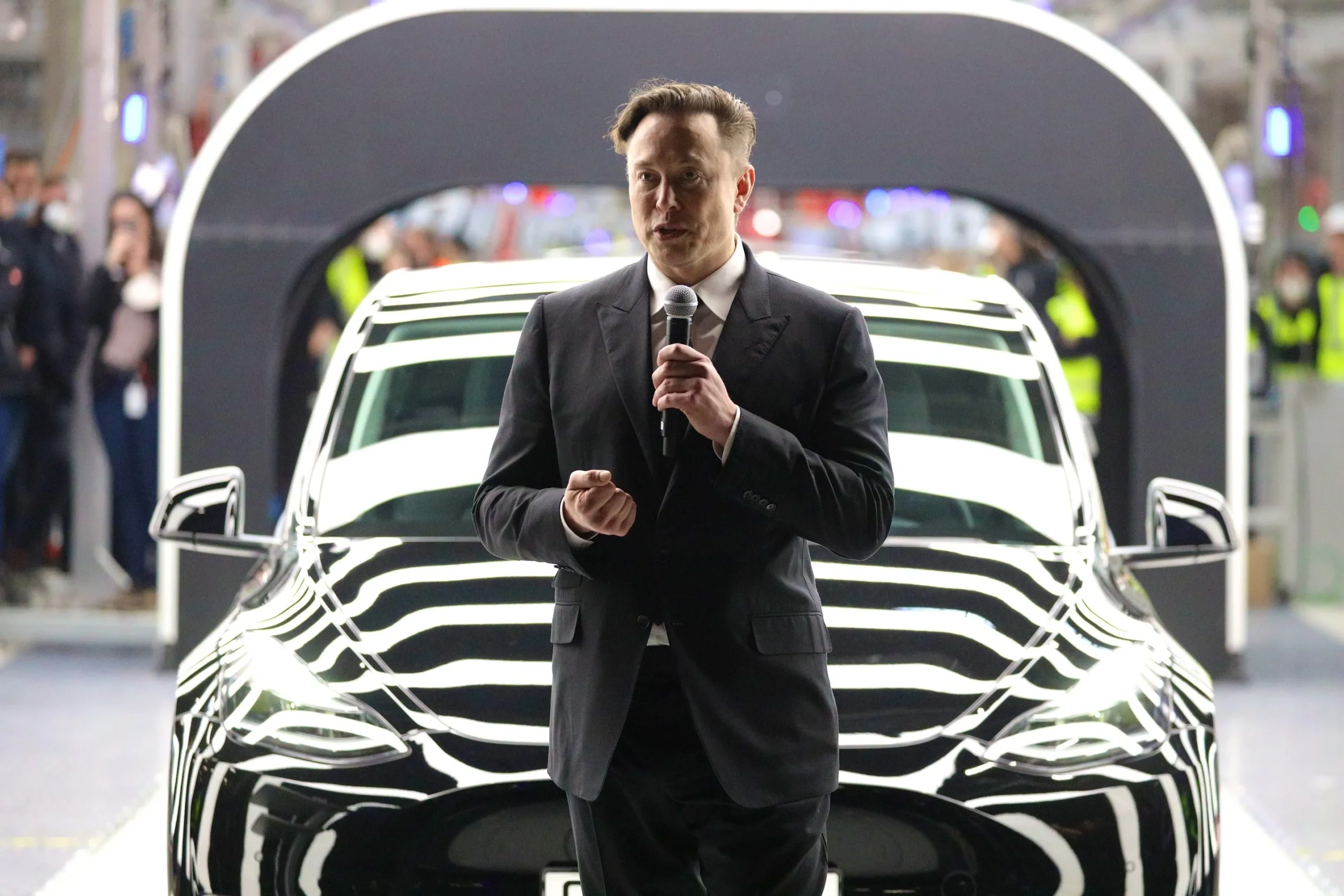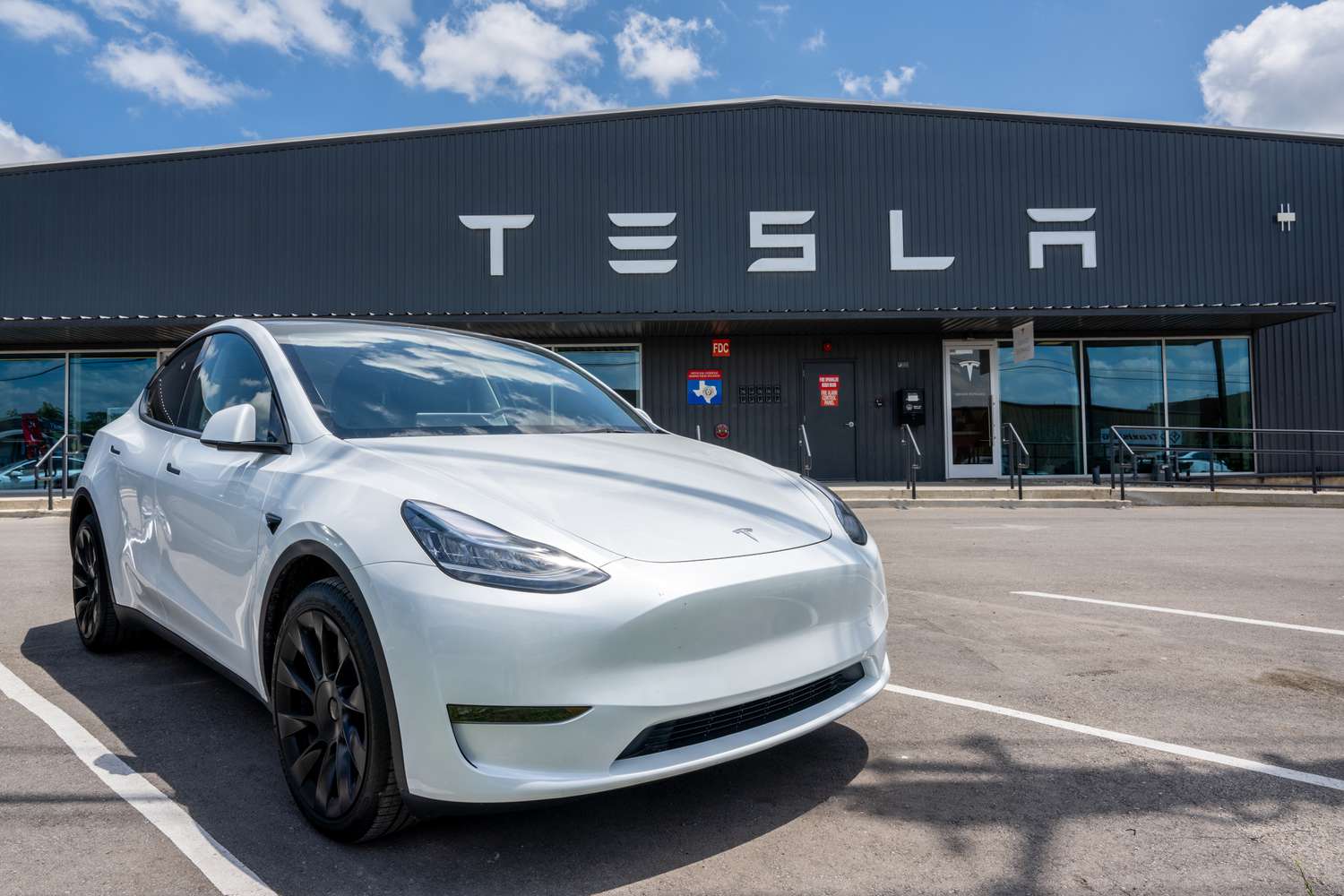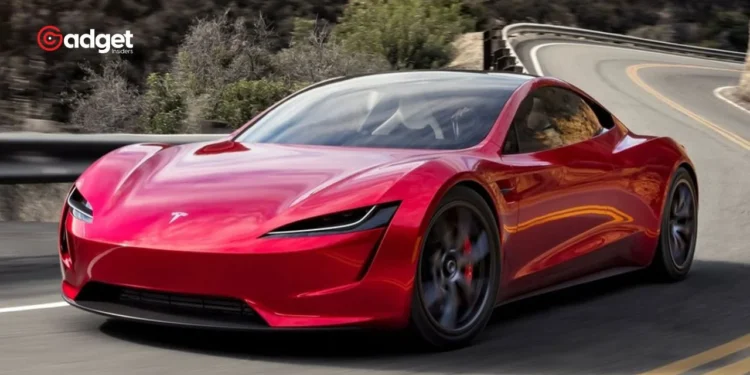As Tesla navigates a turbulent year, its troubles seem to be extending from China to Europe, with investors increasingly concerned about the electric vehicle (EV) maker’s future. Tesla’s stock has plummeted nearly 25% this year, erasing over $195 billion in market value.
This dramatic decline is attributed to a combination of factors, including slumping demand for EVs, fierce competition in China, and a global price war impacting profit margins.

The Ripple Effects of Market Challenges
Elon Musk’s unpredictable leadership style, marked by drastic decisions such as massive layoffs followed by immediate rehirings and cryptic threats about shifting his focus to AI, has further destabilized investor confidence. Amid these corporate shakeups, Tesla has seen a significant drop in share value, with Musk pushing for a contentious $55.8 billion compensation package, which remains a hot topic among investors and analysts alike.
In Europe, Tesla’s struggles are highlighted by a decline in car registrations. According to data from the European Automobile Manufacturers’ Association, Tesla registered just 13,951 cars in April—a 2.3% decrease from the previous year and the lowest figure in 15 months.
This drop is particularly concerning as it contrasts with a 14% rise in overall EV registrations across Europe, suggesting that Tesla’s issues are specific to the company rather than indicative of broader market trends.

Operational Hurdles and Competitive Setbacks
Further complicating matters, company has had to temporarily shut down its Berlin Gigafactory multiple times due to supply chain disruptions and environmental protests. These operational challenges are compounded by disappointing sales figures from China, company’s most crucial market, where April sales plummeted by 18% year-over-year.
Competitors such as BYD, backed by Warren Buffett, are capitalizing on Tesla’s missteps, with BYD’s sales surging nearly 50% to 312,048 units. This competitive pressure is forcing Tesla to reconsider its strategy and structure, leading to the largest wave of layoffs in the company’s history, potentially affecting up to 20% of its global workforce.

Wall Street’s Mixed Signals
Despite these challenges, some analysts remain optimistic about company’s long-term prospects. Adam Jonas of Morgan Stanley, a steadfast Tesla supporter, maintains his overweight rating on the stock, arguing that Musk’s broader ambitions in AI and robotics are deeply intertwined with company’s success.
“In addition to the cost of capital, we believe on a fundamental level that the data, infrastructure built and path to monetization within Tesla is critical to Musk’s seemingly ‘adjacent’ AI efforts,” Jonas wrote.

Tesla’s Challenges: Pay Package Dispute and Strategic Struggles
However, not everyone is convinced of the justifications for Musk’s substantial pay package. The New York City Comptroller, along with several institutional investors, has voiced opposition to the $55.8 billion deal, citing concerns over its excessive nature and questionable incentive structure. This disagreement sets the stage for a critical shareholder vote next month, which could influence the company’s strategic direction and leadership stability.
As Tesla continues to face these multifaceted challenges, the company’s ability to adapt and refine its business strategy will be crucial in maintaining its position as a leader in the global electric vehicle market. With the stakes higher than ever, the outcome of these corporate and market battles will likely resonate across the industry, influencing its trajectory for years to come.










